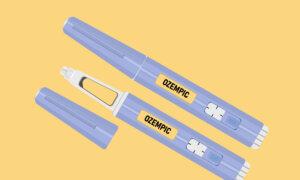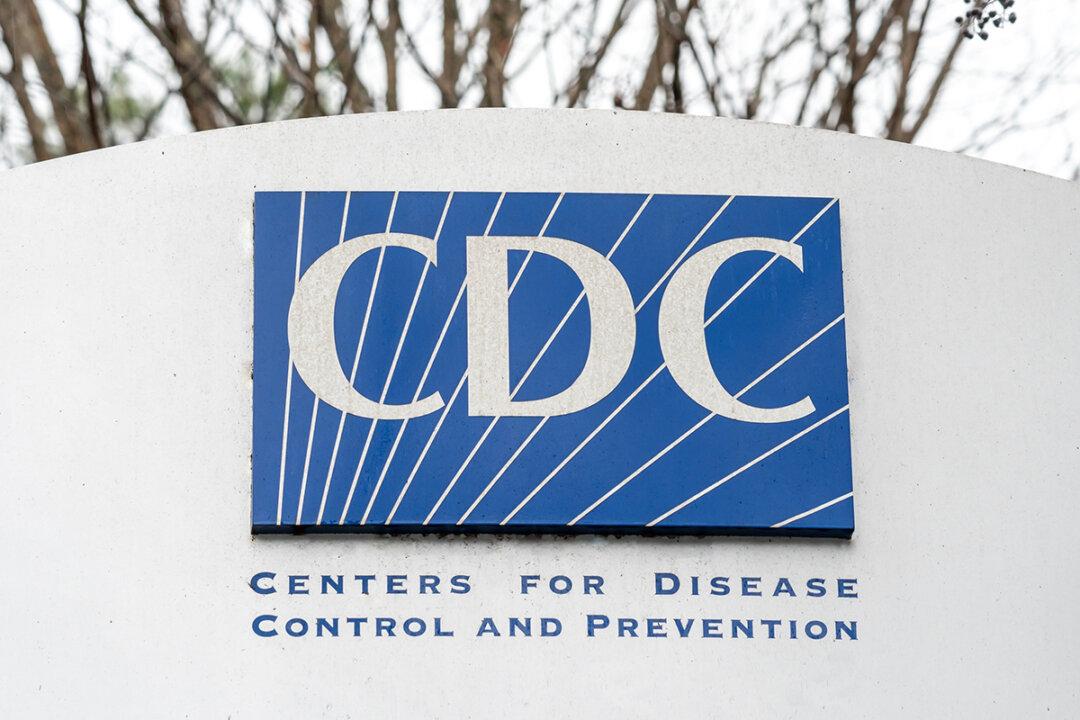Pharmaceutical superpower Eli Lilly is trying out its weight loss drug tirzepatide in kids between 6 and 11 years old. The effort comes as GLP-1 medications surge in popularity as a knockout success in the battle against obesity in adults.
The small, phase I clinical trial will zero in on 30 prepubescent children with a body mass index in the 95th percentile for their age and sex and who have failed to achieve weight loss through lifestyle changes. Participants will receive either tirzepatide or a placebo over 13 weeks. The study is slated for completion by the end of 2024.
Tirzepatide’s Off-Label Use
Tirzepatide, commercially branded as Mounjaro, gained approval by the U.S. Food and Drug Administration in May 2022 to treat type 2 diabetes in adults who diet and exercise but has since been making headlines as a miracle drug for people with a body mass index (BMI) of 30 and over.Along with glucose control, the drug has shown a powerful ripple effect as a weight reduction therapy and is being used to treat obesity even though it is not yet cleared for weight loss.
Lilly’s global study on the drug found that Lilly’s tirzepatide reduced weight as much as 15.7 percent in overweight or obese adults with type 2 diabetes.
“Based on these results, Lilly plans to complete the U.S. submission for tirzepatide in adults with obesity or overweight with weight-related comorbidities [and] we expect regulatory action as early as late 2023,” Lilly representatives said in a news release earlier this year.
Novo Nordisk’s Saxenda Trial
Danish drug maker Novo Nordisk, the manufacturer behind blockbusters Ozempic and Wegovy, is also testing its own anti-obesity medication on young kids between 6 and 12.Liraglutide, commercially known as Saxenda, has been approved for chronic weight management in overweight or obese adults and pediatric patients aged 12 years and older since 2020.
The ongoing phase 3 trial kicked off in 2021 and is much larger in scope compared to Lilly’s. Estimated participation is 78, more than two and half times that of Lilly’s. The trial will last four times as long with an approximated completion date of Jan. 15 2027.
In the 56-week long study, which is conducted with a randomized, double-blind approach, participants are given either liraglutide or a placebo. Researchers are assessing various factors, including alterations in weight, BMI, waist circumference, and other measures, to gauge the study’s success.
Drug Side Effects
Patients have faced a firestorm of side effects ranging from mild to life-threatening—both physical and emotional.Minor side effects include nausea, diarrhea, vomiting, and constipation. Some people also report feeling indigestion and stomach pain.
The list of serious side effects is raising questions about the drugs’ long-term safety. Documented cases include:
- Acute kidney injury
- Gastroparesis or paralyzing of the stomach
- Increased risk of gallbladder or biliary diseases
- Depression
- Suicidal thoughts
Concern for Children
For kids, weight loss drugs may not turn into the brilliant reality some scientists are hoping for as medical concerns about them mount.Children differ significantly from adults, Vic Larscher, a consultant in general pediatrics and ethics at Great Ormond Street Hospital for Children NHS Trust in London wrote in 2015. He emphasized that children undergo substantial biological changes in terms of anatomy, physiology, and pathology. Very young children are particularly vulnerable to environmental and other risks due to their size, immature anatomy, and differing pharmacodynamics, underscoring the importance of understanding these differences in pharmacokinetics between kids and adults, he noted.
More recently—and regarding GLP-1 drugs specifically—Dr. David S. Ludwig, a professor of pediatrics at Harvard Medical School, wrote in a commentary published in JAMA Network: “Although [GLP-1 drugs] have a good track record of safety, we cannot yet know the potential risks of long-term treatment, begun in adolescence, with this or any drug that modulates fundamental metabolic pathways.”
What’s more, the drugs may prevent developing kids from getting the proper amount of nutrients needed which could lead to a host of health diseases later in life. Prescriptions could lead to over-reliance setting kids up for a lifelong dependence in order to maintain weight control because rapid weight regain will most likely occur after their discontinuation, according to Dr. Ludwig.
An Eli Lilly representative addressed the health concerns for children. “There are global regulatory requirements for assessment of pediatric patients when developing drugs and biologic products,” Jessica Thompson, an associate director of Diabetes Corporate Affairs at the company, told The Epoch Times in an email. “Additionally, trials designed specifically for children and adolescents can be required by FDA as a regulatory requirement in developing treatments for chronic weight management.”
Surging Rates of Obesity Putting Kids at Risk of Chronic Illnesses
Child and adolescent obesity is a cross-continental epidemic with the global prevalence skyrocketing from 4 percent in 1975 to over 18 percent in 2016 among 5- to 19-year-olds.The condition, which is considered preventable, comes with a long list of possible future health problems such as the increased likelihood of being obese as an adult, premature death, and disability in adulthood.
Short-term consequences include difficulty breathing, high blood pressure, heart disease, insulin resistance, and depression.







